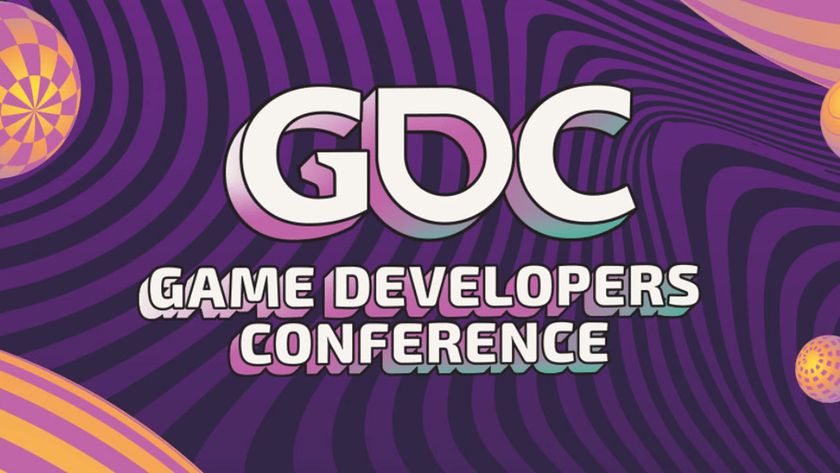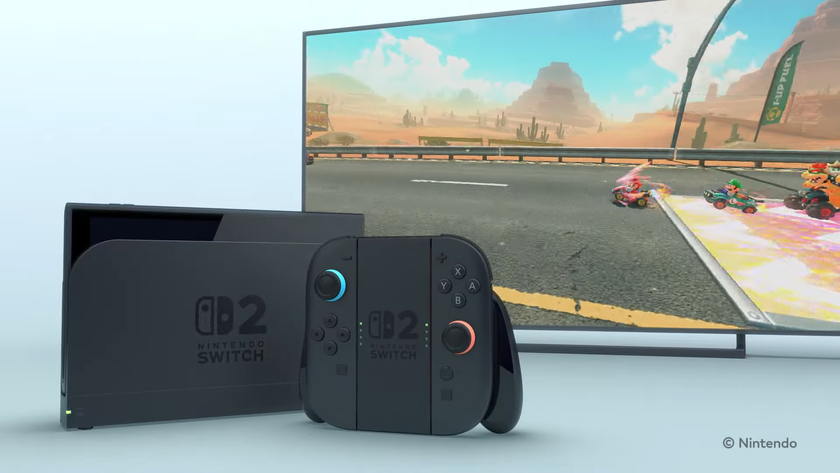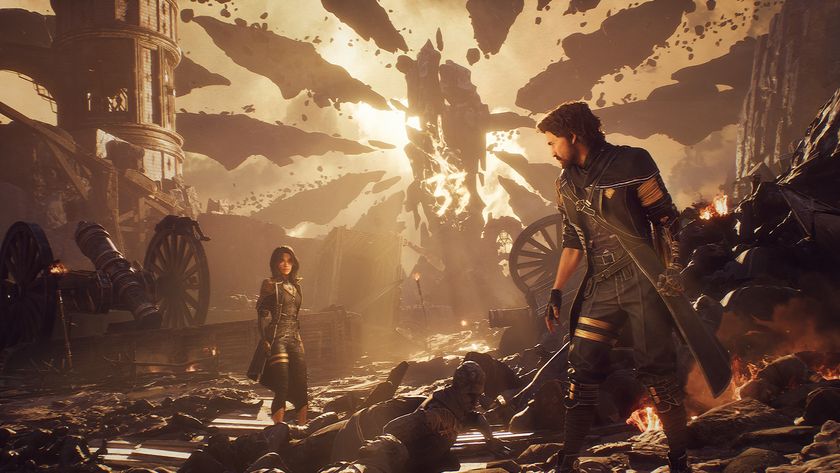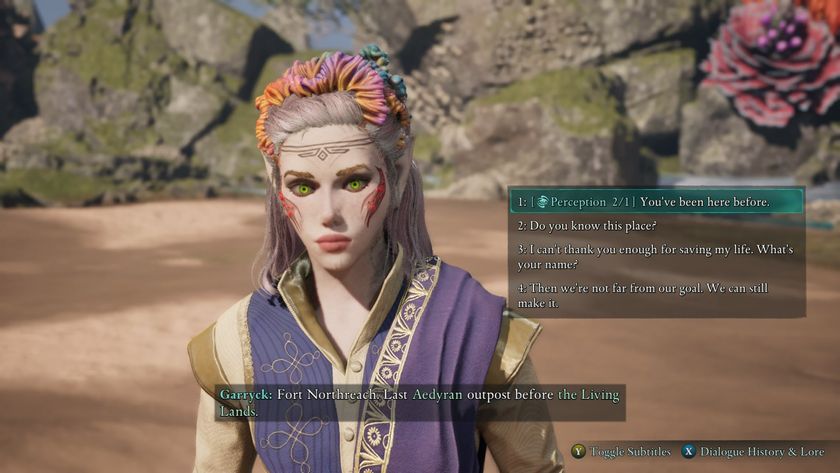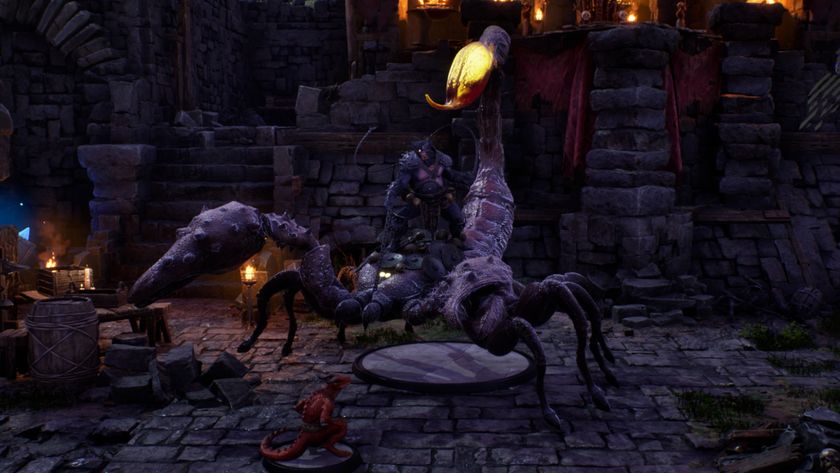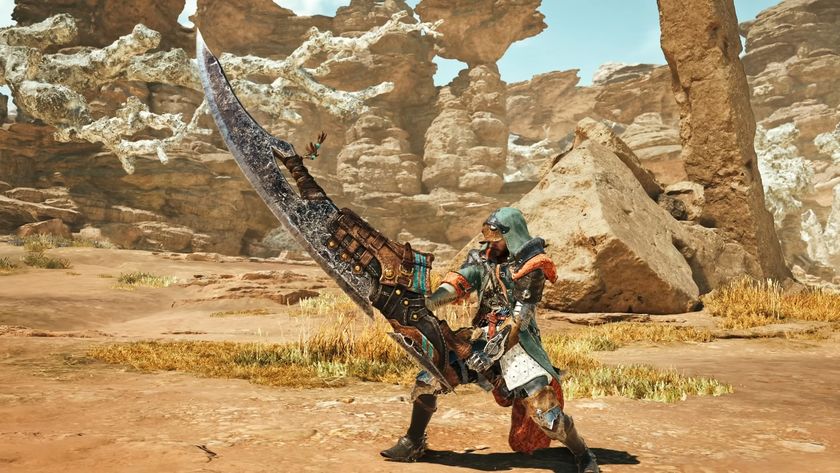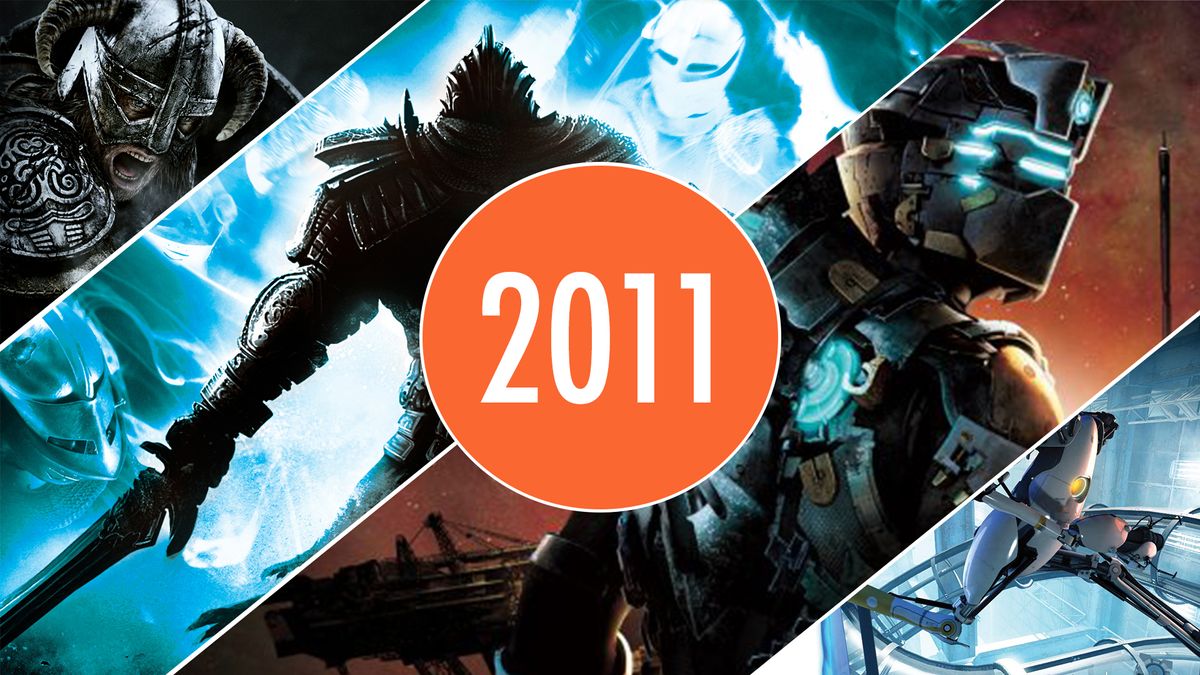
2011 is the year that defined the last decade of gaming. That's a claim that will undoubtedly create some controversy, but 2011 was host to a number of video games that continue to influence and inspire the titles that you're playing today - in ways that are difficult to overlook or ignore. The Xbox 360 was entering into its sixth year and the PS3 its fifth in 2011, and the experience developers had with the architecture of each of these systems was clearly reflected in the quality, scale, and depth of the games being unleashed on an unsuspecting public.
This is the year where The Elder Scrolls 5: Skyrim landed, setting a new benchmark for immersive open-world RPGs that is, arguably, yet to be matched. Bethesda set the tenor of this conversation five years earlier, with the release of The Elder Scrolls 4: Oblivion in the Xbox 360 launch window, and then brought it to its natural endpoint with Skyrim. A decade later, there are millions of players who are unlikely to have seen everything its sprawling space has to offer; Skyrim's diverse open world never fails in its capacity to distract, pushing your attention in so many different directions that it's easy to forget that the land is in urgent need of saving.
Skyrim was a landmark RPG, but it wasn't the only one to launch in 2011. Where Skyrim was praised for streamlining complex combat and character systems, and for the irresistible draw of its natural world, Deus Ex: Human Revolution was similarly lauded for going in a different direction entirely. Eidos Montreal delivered a stunningly dense urban space for us to explore, full of character and detail that helped sell the fantasy presented by its sci-fi environs. The immersive sim may have enjoyed something of a renaissance in the years since, but the command we had over dialogue and interaction in Human Revolution remains a high-point of the genre in the modern era.
Where Skyrim and Human Revolution were continuations of two of gaming's most celebrated franchises, 2011 also saw the launch of a brand new IP that has, arguably, left a larger mark on the composition of contemporary gaming more than The Elder Scrolls or Deus Ex could ever hope to. FromSoftware took the lessons it learned from 2009's Demon's Souls and elevated them to another plane of existence, delivering an experience in Dark Souls that's as beloved as it is reviled for its punishing difficulty, keen balance, and intricately structured world design. The influence of Dark Souls has seeped into modern game design in a way that is difficult to grasp, its sensibilities extending out beyond the action-RPG and proliferating all throughout the industry.
A focus on these three games only barely scratches the surface of 2011, but that only speaks to how important a year it was for modern gaming. It's the year where the seventh generation of consoles really came into their own, building on the success of 2007's releases and the momentum created by 2010's biggest hitters. It's clear that gaming in 2021 would be incredibly different were it not for the games that defined 2011; the year that dared game makers and game players to dream bigger.
Games that defined 2011
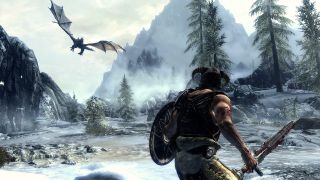
The Elder Scrolls 5: Skyrim
What can we say about Skyrim that hasn't been said thousands of times before. There's a reason this immersive RPG has been ported to just about every platform imaginable, including virtual reality and Amazon Alexa. Skyrim is a true titan that continues to impress a decade later because of the sheer depth of its content, breadth of its design, and attention to detail throughout all of it. There hasn't been another RPG quite like it, and there likely won't be until we see The Elder Scrolls 6.

Dark Souls
Love it or lovingly tolerate it, Dark Souls is undoubtedly one of the most influential games of the modern era. FromSoftware was able to weaponize difficulty with its unique take on the action-RPG, making challenge something to be embraced rather than feared. From its interlocked world design to its evocative visual aesthetic, sparse storytelling and balanced combat, Dark Souls was a definitive experience for 2011.

Portal 2
Before 2011, you could probably count the games that have done comedy well with two hands. Following the release of Portal 2, you'd need a third. Valve outdid itself with this unlikely sequel, a masterful puzzle game with a heart of gold. It's a truly astounding game with fantastically structured puzzles, sharp writing, and great storytelling. The industry doesn't make 'em like this anymore.

LittleBigPlanet 2
The only limit to LittleBigPlanet 2 is your imagination. Well, that and your patience. Media Molecule released one of the most impressive, varied, and creative platformers of all time with LittleBigPlanet 2. This sequel's simple-to-grasp toolset belied the depth of its creature suite, where it really was possible to bring awesome concepts and experiences to life if you had the time, energy, and persistence to do it. With this release, Play, Create, Share became a mantra that would help define the generation for PlayStation.
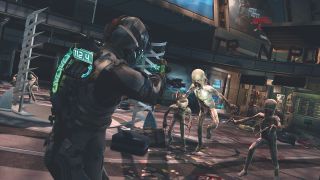
Dead Space 2
You can't talk about 2011 without touching on Dead Space 2. Visceral Games reinvented survival horror and unleashed one of the scariest games of its generation. Dead Space 2 was truly haunting, a grotesque game that offered the adrenaline born of Aliens' action and the guttural terror of Alien's atmosphere – a balance that even Ridley Scott has never been able to properly master. Dead Space 2 is a true monster of which there remains no comparison.
Sign up to the 12DOVE Newsletter
Weekly digests, tales from the communities you love, and more

Josh West is the Editor-in-Chief of 12DOVE. He has over 15 years experience in online and print journalism, and holds a BA (Hons) in Journalism and Feature Writing. Prior to starting his current position, Josh has served as GR+'s Features Editor and Deputy Editor of games™ magazine, and has freelanced for numerous publications including 3D Artist, Edge magazine, iCreate, Metal Hammer, Play, Retro Gamer, and SFX. Additionally, he has appeared on the BBC and ITV to provide expert comment, written for Scholastic books, edited a book for Hachette, and worked as the Assistant Producer of the Future Games Show. In his spare time, Josh likes to play bass guitar and video games. Years ago, he was in a few movies and TV shows that you've definitely seen but will never be able to spot him in.
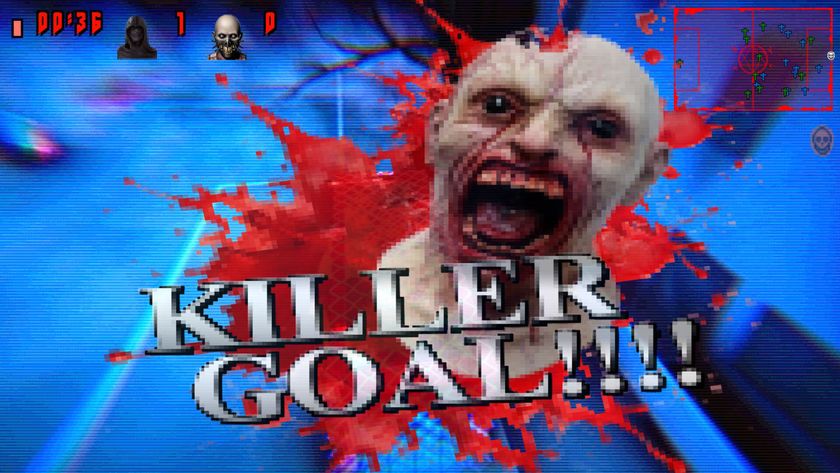
Survival horror clatters into soccer royalty as "Silent Hill mixed with FIFA 98" offers up a Steam Next Fest demo that I could never have imagined would work this well
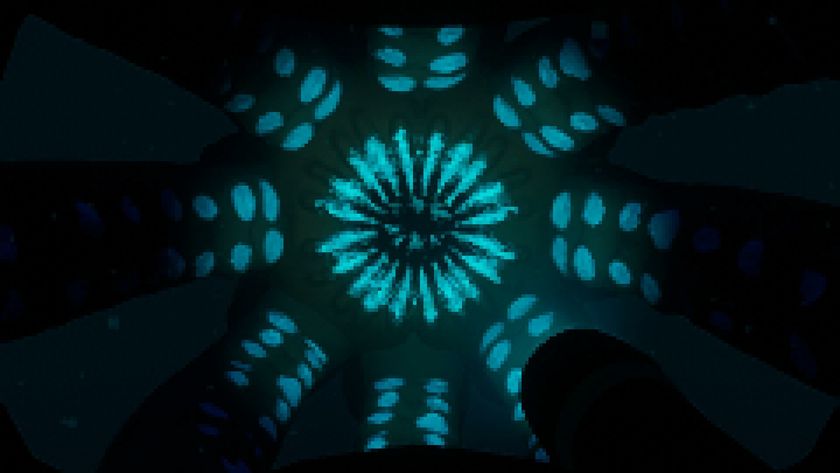
The scariest horror game I've played in 2025 is a Steam Next Fest demo that triggers my thalassophobia even more than Subnautica


